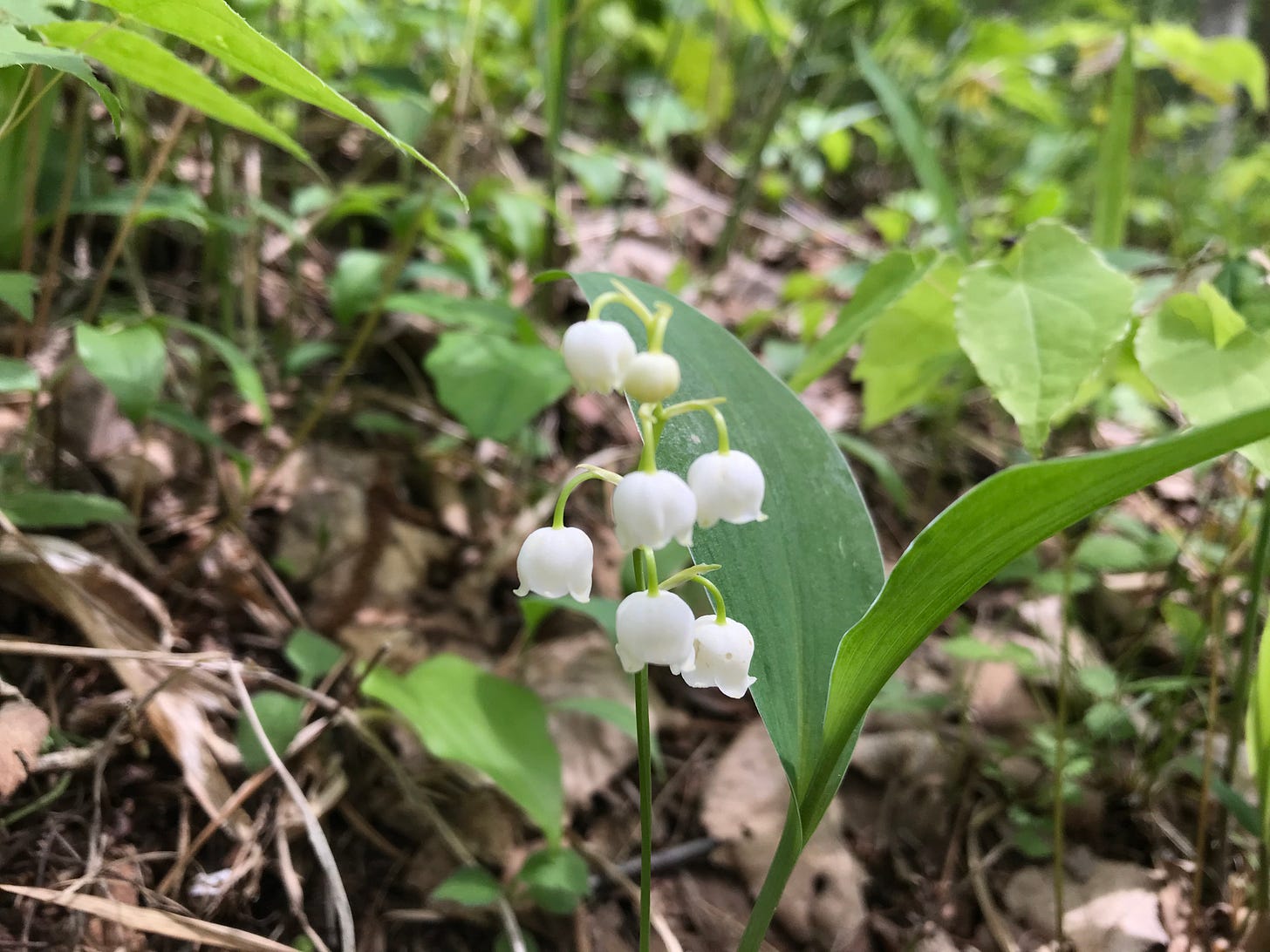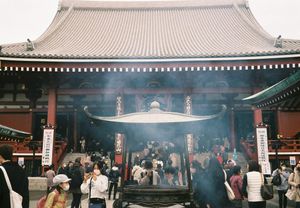An introduction to Chikan in Japan: the current situation and personal experience
Chikan or molesting is still a prevalent problem in Japan. Statistics on what Chikan is looks like today and a personal story
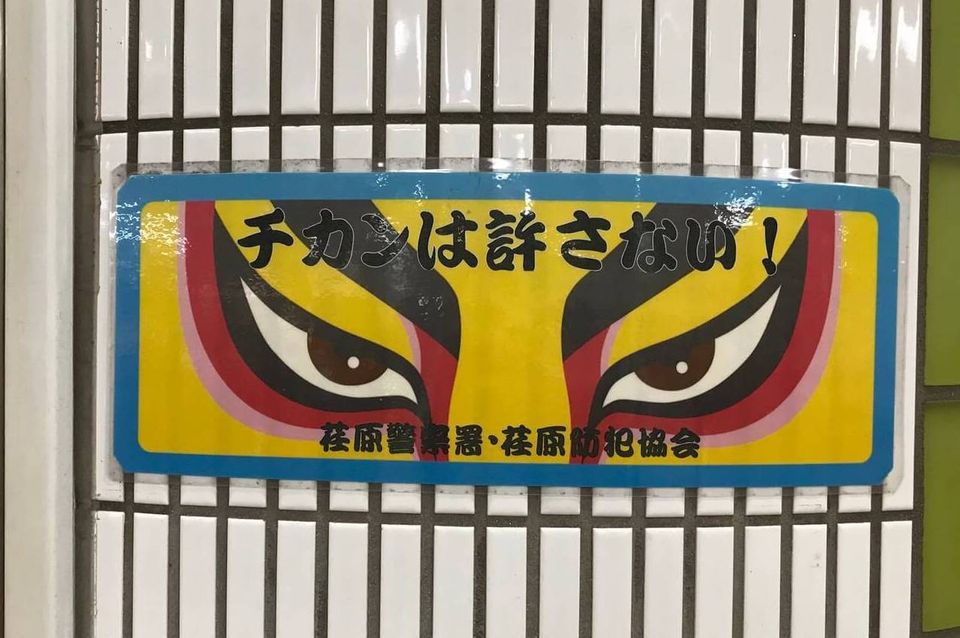
Warning, there are some sensitive topics around sexual harassment.
Japan has a gender inequality problem, despite being a strong and developed economic power. However, I will not go into all the details now. To give you an idea, essentially the situation ranges from wide gender pay gaps, poor representation in upper management and political roles, and strong gender role expectations. (This is not exhaustive and touched upon in one of my previous posts).
Within the discrimination against women, there is a lot of sexual harassment, one of which is chikan (ちかん) or groping and molesting.
Chikan
Back in April while out for a run, some random guy touched my leg intentionally and made inappropriate comments. Now, I would like to explain the situation before you jump to conclusions and concerns. In all seriousness, I am completely fine and don’t find myself in a poor mental space at all. Rather, it made me reflect on the moment and research into Japan’s issue. First let me explain the situation that occurred.
My experience with chikan
I workout every morning before work. One day, about five minutes into my run, I was hopping in place at a stop light waiting to cross. I was at the light for about 30 seconds and very focused on the podcast I was listening to. (I would like to note that I don’t keep my volume too loud for safety reasons. I can hear the traffic around me.)
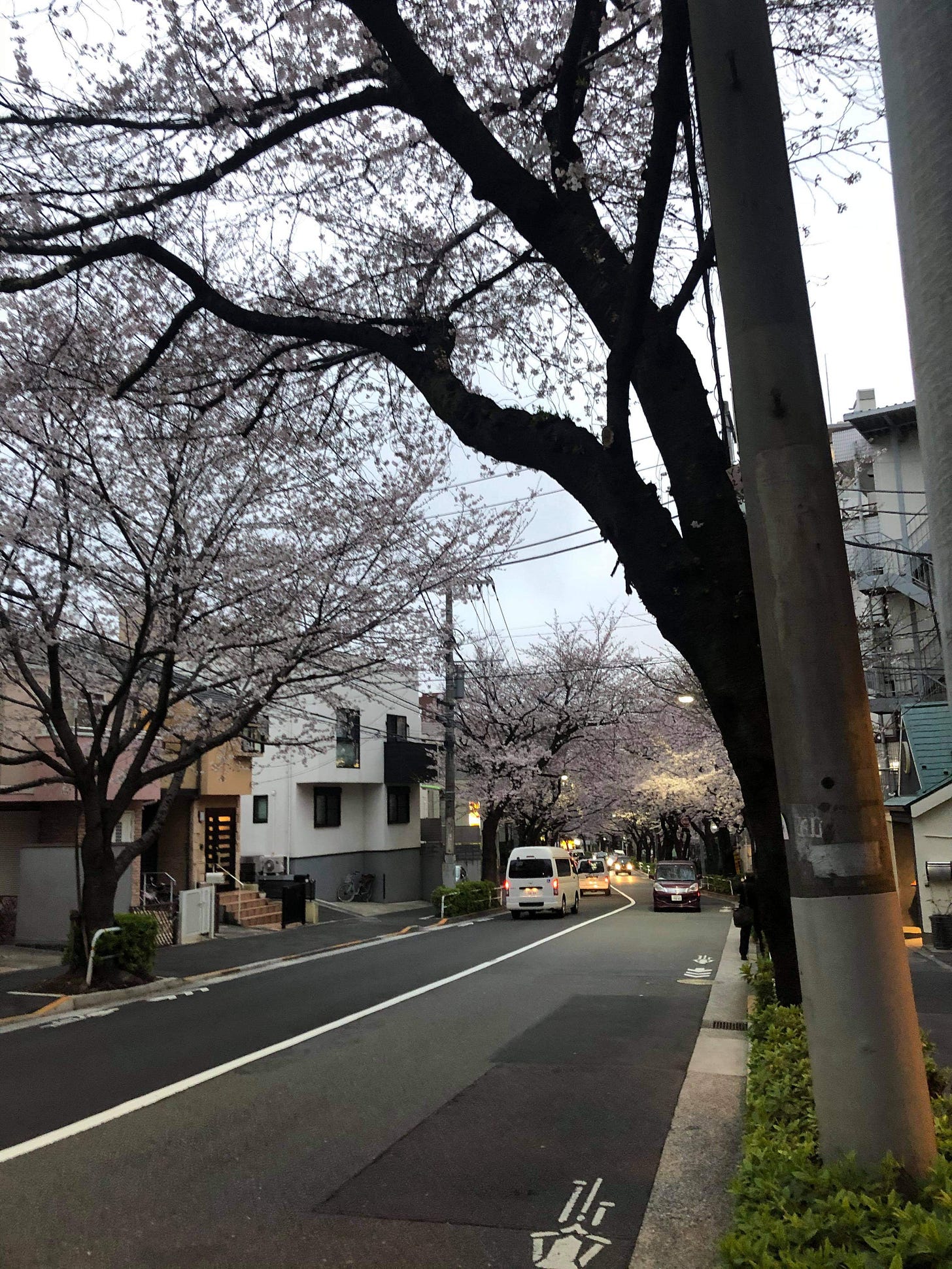
While hopping, I decided to stretch my arms, but someone was kind of close behind me (I could see out of the corner of my eye). So I moved a little and swung my arms backwards. Then I heard someone talking very closely to my right ear, but I wasn’t listening — just wondering why this person is so close to me. The talking continued, so I turned around and this younger “man” around 20-30s touched/lightly grabbed the lower part of my thigh. I flinched away immediately. At this moment, the light turned green and he smirked and ran away. Ew.
At the moment, I wasn’t really sure what happened, so when the light turned green, I continued my run and proceeded with my day as normal. After processing the moment, I realized he said, “What is in those shorts” (あのズボンに何入ってる).
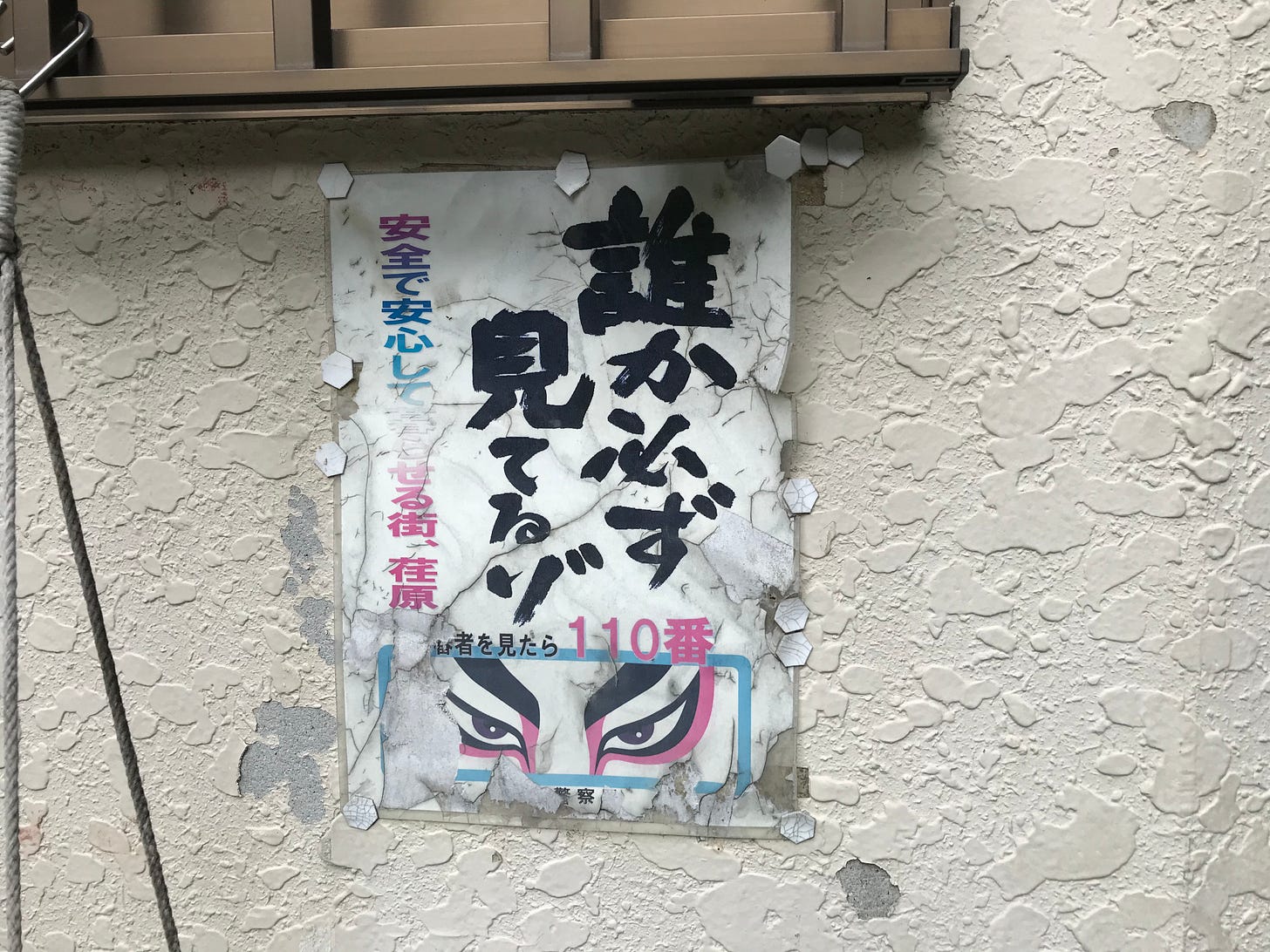
Taking in the situation
For most of the day, I completely forgot about the incident nor did it bother me. However, as the day went by I began to reflect. I never imagined being a “target” if you will, of sexual harassment. Fortunately, for me, I consider this a baby incident. It was so small, I considered telling no one about it (as I was fine. Not even upset, offended, or hurt. However, it did fall in the category of unwanted touching.) But I am disturbed and deeply concerned about the overall situation in Japan.
How many other women in Japan have experienced sexual harassment, from the worst of it to miniature incidents like mine? Regardless of the number, it is unacceptable. The tragic truth is that sexual harassment against women is still very prevalent.
How safe is Japan?
Well, first of all. The crime rate in Japan is extremely low. Japan is considered an extremely safe country:
- Low homicide rates
- No gun violence
- Low robbery rate
Even low on sexual assaults.
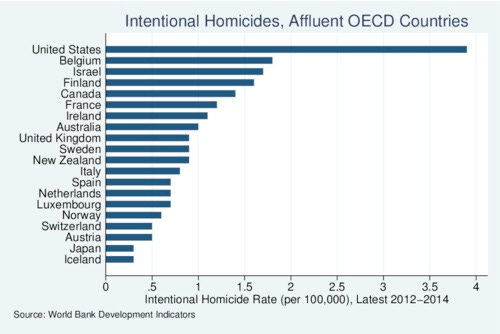

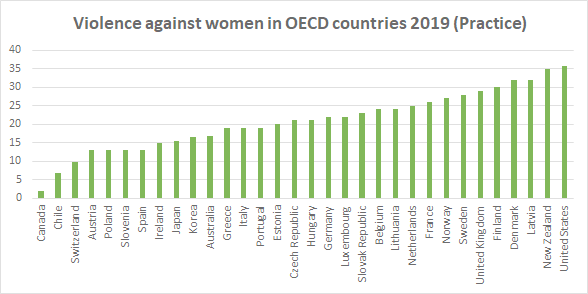
I do feel very fortunate to be in a safe country, where I can leave my phone in my back pocket and forget about it or don’t need to worry about getting shot on a daily basis.
Chikan in Japan today
However, this is no excuse for the sexual harassment problem in Japan. For this post, I will focus on chikan, but there are obviously other types of sexual harassment and sexual violence that also exist.
Fun Fact:
Do you know why you can’t turn off a Japanese phone camera’s sound? As early as the 2000, Japanese cell phone companies required the shutter sound on cell phones every time a photo was taken “to prevent secret filming or other privacy issues.” (source) Basically, creepy guys were taking photos up girl’s skirts. Gross
Statistics on chikan: who and where?
I tried to find good statistics on chikan, but I did not feel very comfortable posting numbers on how many people have experienced it. I saw surveys running from 9% to over 80% (sample sizes ranging from 100 to thousands). However, given the prevalence of articles, news, and anecdotes, I am fairly confident it is over 50%.
NHK released that around 70% of women (survey conducted by “We too Japan” of about 12,000 people between 15- 49 living in the greater Tokyo area in 2018.2 They also have some of the following statistics.
NHK released that around 70% of women (survey conducted by “We too Japan” of about 12,000 people between 15- 49 living in the greater Tokyo area in 2018[1]. They also have some of the following statistics.
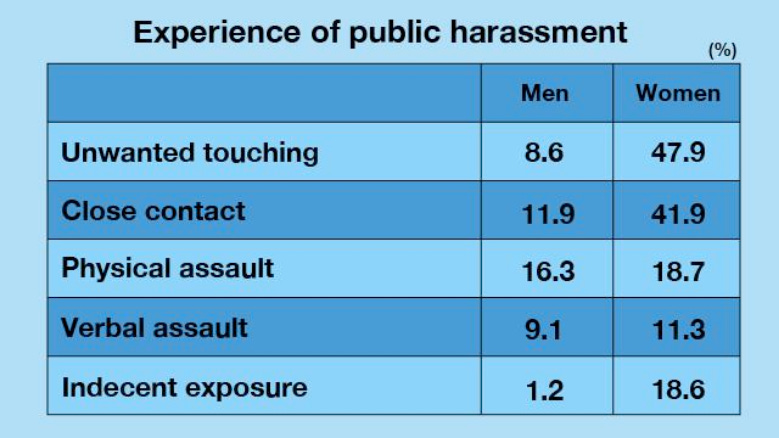
Final thoughts
The hardest thing about chikan is that it is difficult to prove. For example, in my case, this “man” didn’t physically hurt me. There is no evidence. Furthermore, I would not be able to identify him in a photo (it happened too fast). And thus, he succeeded.
How many other women have such incidents without proof, I do not know. Regardless if it is one woman or a billion women, it is too many. (I should mention, while yes, it is mostly women, men are also victims of this too.)
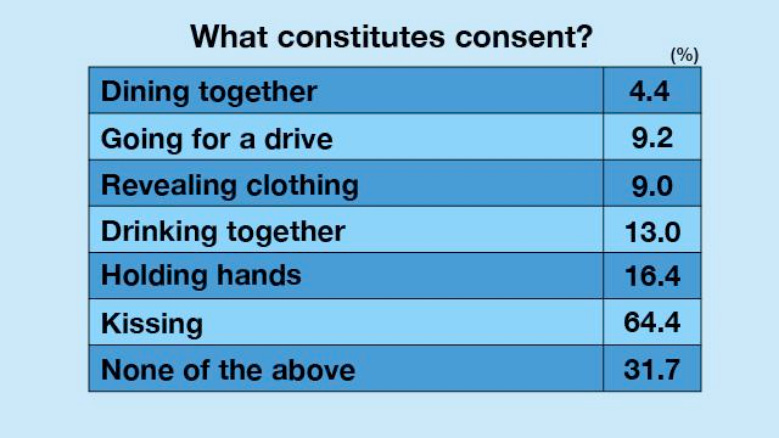
The best way for Japan to get over this, is to catch the culprits. After some light research, the common “tips” for when chikan occurs is to make a scene and try to capture evidence (photos, etc.).
Parting words
For now, I hope this was insightful and does not deter from visiting this great country. Sexual harassment is prevalent everywhere (unfortunately), but continuing the dialogue and awareness is important (and only one of the ways) to fight it. Having an open dialogue on this matter is new to me, so please do not hesitate to provide feedback or share an opinion or comment. As a side note, I hope I did not offend anyone -if I did, it was not the intention.
